Six Reasons Why Experts Are Arguing for and against the Electoral College
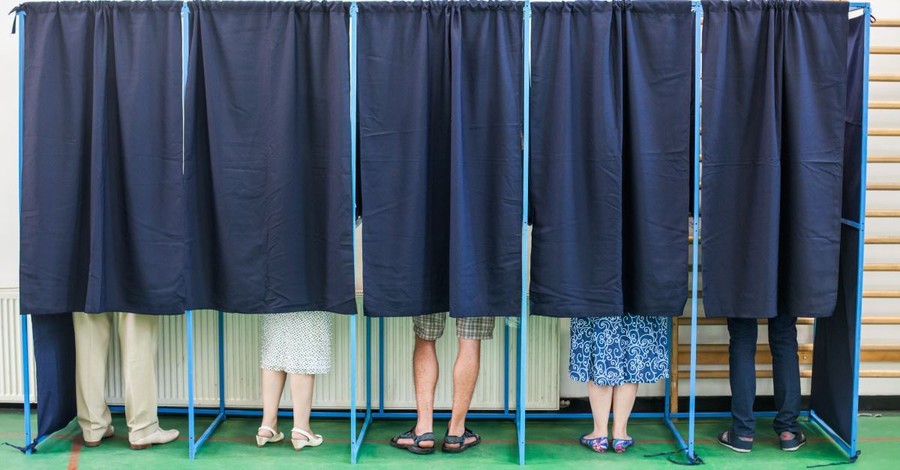
Democratic Presidential candidate Elizabeth Warren called for the end of the Electoral College at a town hall meeting on Monday.
She said, “Every vote matters, and the way we can make that happen is that we can have national voting, and that means get rid of the Electoral College.”
This left many people wondering what exactly the Electoral College does and if it is truly needed. Even experts are divided on the issue, some believing it is a tired practice, while others believe it is a crucial part of the American political system.
Here are 3 reasons why experts are arguing for the Electoral College and 3 reasons why experts are arguing against the Electoral College:
Photo courtesy: Getty Images
Arguments for the Electoral College
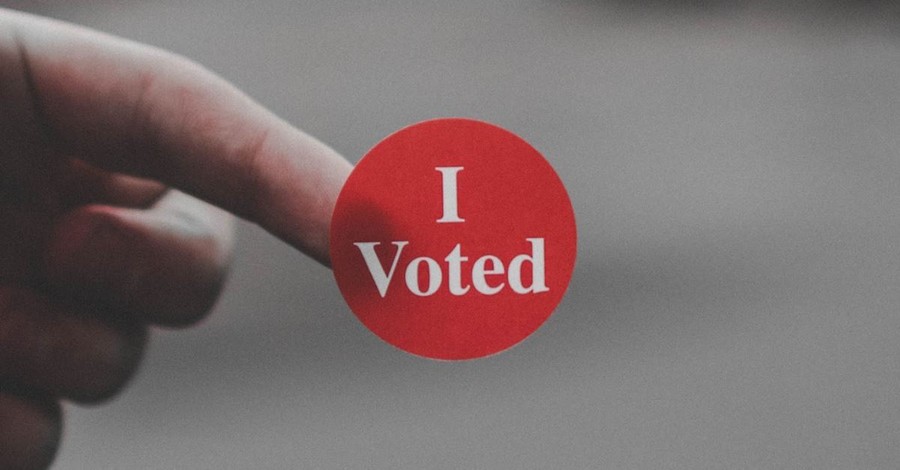
1. The Electoral College encourages national coalitions of voters
Author and attorney Tara Ross told Faithwire that the Electoral College is an essential part of the fabric of the American political system. Ross told the outlet, “The Electoral College’s unique blend of democracy and federalism (state-by-state voting) encourages presidential candidates to build national coalitions of voters. Candidates can’t focus too exclusively on certain demographics, regional majorities, or special interest groups.”
This, Ross argues, actually allows each person’s vote to count more than if presidents were elected by popular vote.
She offered the example of Grover Cleveland, who lost the presidency despite winning the popular vote. In 1888, Cleveland accrued wide spread support in the heavily populated southern states, winning them by a landslide. The people living in other parts of the country, however, did not identify with Cleveland’s politics, and so they voted for Benjamin Harrison who would become the 23rd President of the United States.
This example shows that the Electoral College protects the interests of the entire nation as opposed to the interests of one or two heavily populated states, often inhabited by a majority of like-minded people.
Photo courtesy: Unsplash/Parker Johnson
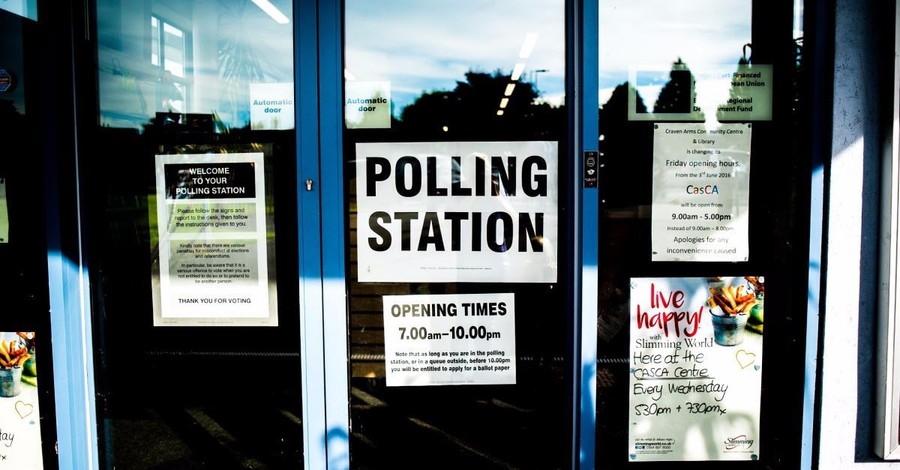
2. The Electoral College ensures that we still have a president even if no one wins a majority of the popular vote
Former White House Counsel Peter J. Wallison argued on RealClearPolitics.com that the Electoral College is necessary, especially when third party candidates are introduced.
“The most important [thing] that we want the presidential election to settle [is] the question of legitimacy—who is entitled carry on the office of the president,” Wallison asserts.
Well, he argues, the Electoral College makes this decision clear especially when no candidate has won a popular majority.
Wallison uses the example of the 1992 election which landed Bill Clinton in the White House. Wallison notes that while Clinton won the Electoral College, he was nowhere close to winning a majority of the popular vote. In fact, Clinton won a plurality of the popular vote, only receiving 43 percent of the popular vote with 19 percent going to a third-party candidate. When Clinton won the Electoral College, it made it clear that he had legitimacy over the presidency.
Why not have a system that allows the candidate with a plurality of the popular votes win, you may ask. Wallison tackles that too.
“If we abandoned the Electoral College, and adopted a system in which a person could win the presidency with only a plurality of the popular votes we would be swamped with candidates. Every group with an ideological or major policy interest would field a candidate, hoping that their candidate would win a plurality and become the president, he wrote for RealClearPolitics.com.
Photo courtesy: Elliott Stallion/Unsplash
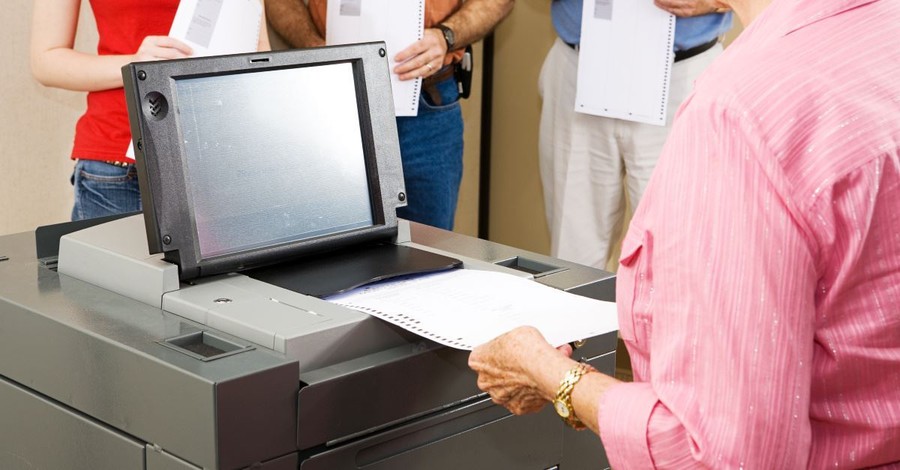
3. The Electoral College is the only system in place by the Constitution for electing the President
Allen Guelzo for NationalAffairs.comnoted that the Constitution never even mentions a popular vote when it comes to electing the U.S. President. The whole process initially required elected officials from each state to cast votes on the presidency. Guelzo wrote, “While it is true that, since the 19th century, each state has decided to appoint its electors by a popular vote, this is a complement to our democratic predilections and is not required by the Constitution.”
He continued, “It should be noted that popular votes for electors occur only within each state; the electors then go on to do the presidential balloting.”
“Ridding ourselves of the Electoral College would not automatically install a national popular vote for the presidency; that would require a highly complicated constitutional amendment specifying comprehensive details for casting such a national vote, and might even trigger calls for a complete rewriting of the Constitution by convention.”
He added, “Simply doing away with the existing process without putting a new one in its place could create the biggest political crisis in American history since the Civil War.”
Guelzo argues that by getting rid of the Electoral College we risk upsetting the entire political system in the United States. He even goes as far as to question whether getting rid of the system would lead to the complete overhaul of the U.S. Constitution, shifting the government's entire structure.
Photo courtesy: Getty Images
Arguments against the Electoral College
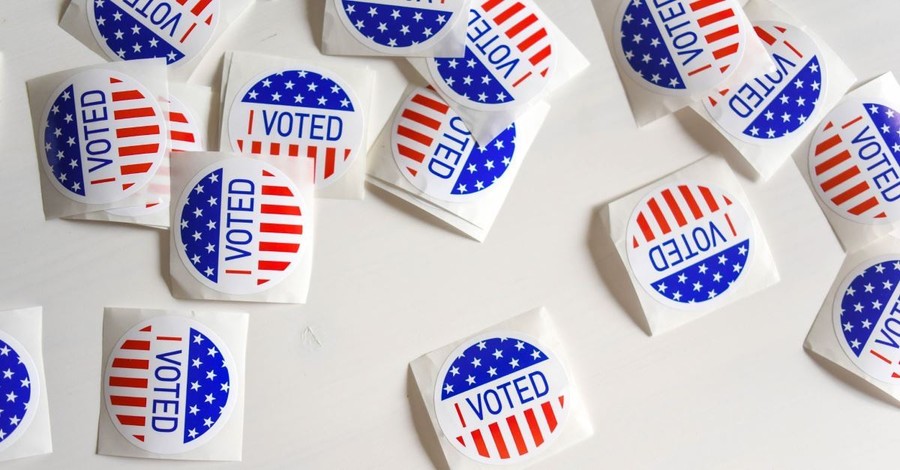
1. The Electoral College forces candidates to focus thier campaign efforts on the swing states
In an Op-Ed in Time Magazine, Associate Professor of Political Science Robert Speel argued that the Electoral college forces presidential candidates to focus all of their campaign efforts in the 11 or so swing states. Speel argues that candidates can quickly asses which states they are likely to lose and which states they are likely to win and then focus their efforts of the states that can go either way.
He wrote, “Since 2000, a popular argument for the electoral college made on conservative websites and talk radio is that without the Electoral College, candidates would spend all their time campaigning in big cities and would ignore low-population areas.”
Speel combats this argument saying that the Electoral College actually does exactly what people argue would happen without it. He said, “The Electoral College causes candidates to spend all their campaign time in cities in 10 or 12 states rather than in 30, 40 or 50 states.
Presidential candidates don’t campaign in rural areas no matter what system is used, simply because there are not a lot of votes to be gained in those areas.”
Photo courtesy: Element5 Digital/Unsplash
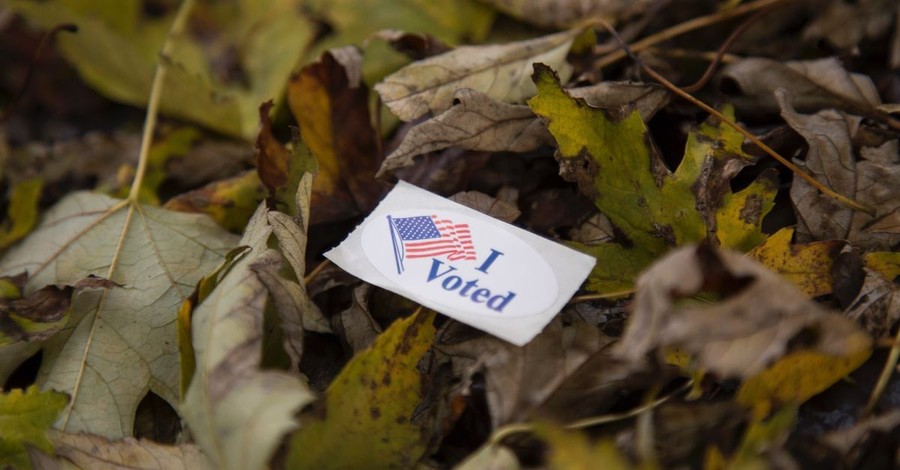
2. Electoral College votes per state are not equally distributed
According to Fairvote.org, the number of electoral votes each state gets is not equally distributed.
The website notes that the system often works toward the advantage of small states – since each state is given three electoral votes regardless of population size – making their votes more impactful. Fairvote.org illustrates this by comparing the populations of Wyoming and Texas.
They wrote, “For instance, each individual vote in Wyoming counts nearly four times as much in the Electoral College as each individual vote in Texas. This is because Wyoming has three (3) electoral votes for a population of 532,668 citizens (as of 2008 Census Bureau estimates) and Texas has thirty-two (32) electoral votes for a population of almost 25 million. By dividing the population by electoral votes, we can see that Wyoming has one “elector” for every 177,556 people and Texas has one “elector” for about every 715,499.”
Photo courtesy: Josh Carter/Unsplash
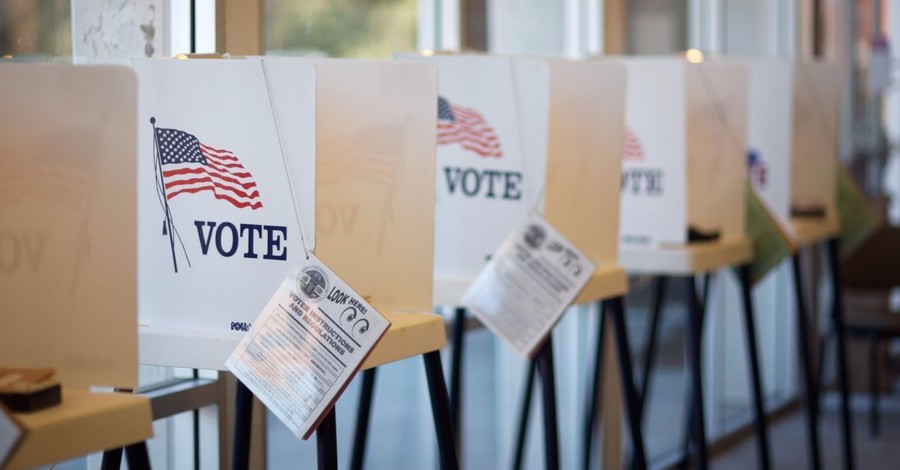
3. The Electoral College was created by slave-holders for slave-holders
The third and perhaps the most popular anti-Electoral college argument, is simply that the system is no longer relevant. Law professor Paul Finkelman told the Public Broadcasting Service that James Madison – who lived in the slaveholding state of Virginia and who owned many slaves of his own – suggested the Electoral College be a part of the presidential election process so that slaves – who themselves could not vote – would count as a part of slaveholding states populations.
Under the three-fifths clause, each slave would count as three-fifths of a person while calculating the population. This would mean that even though the slaves could not vote and had no rights of their own, they were counted toward Southern states population giving the slaveholding states more power in the Electoral college.
Since slavery was abolished in the United States in 1865, many people question why the Electoral College was not abolished with it.
Photo courtesy: Getty Images











